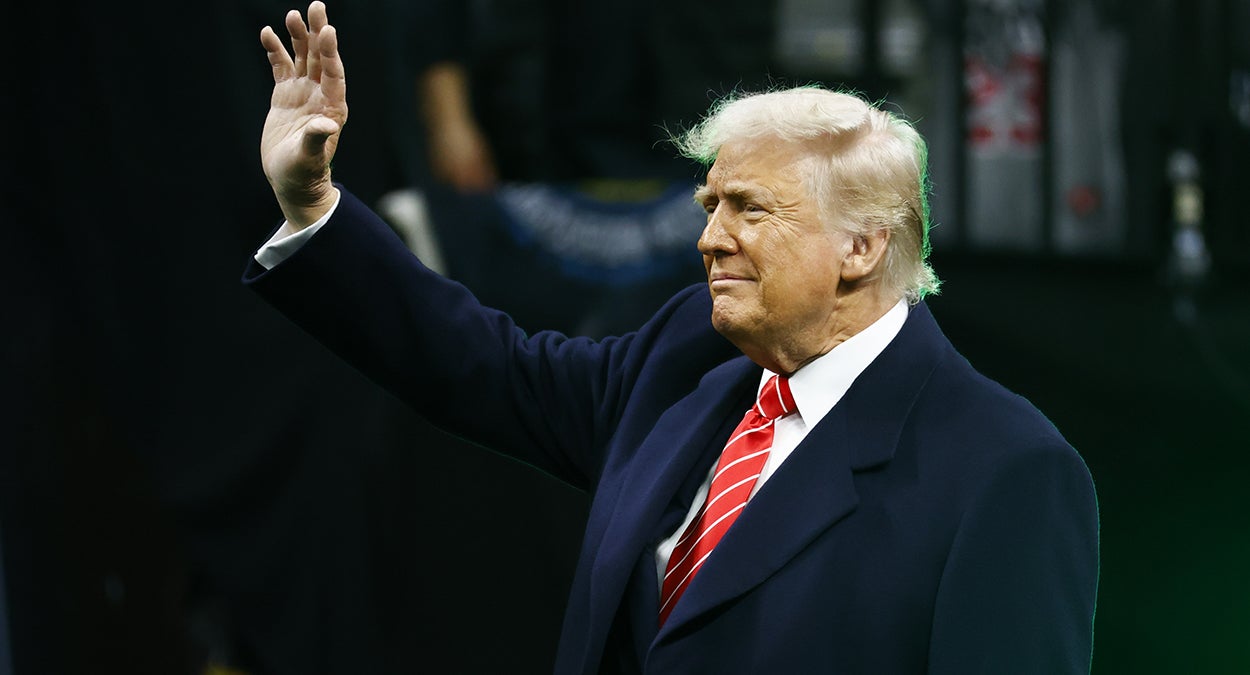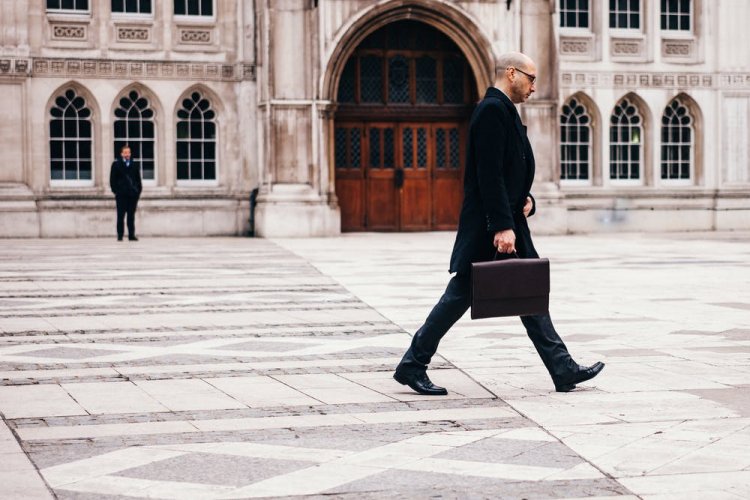Beyoncé and My Daughter Love Country Music
What color is music anyway... Beyoncé dropped her new album "Cowboy Carter" just after midnight Friday morning, and as expected, the BeyHive went wild. But the significance of the act goes beyond just music, it is also a cultural invitation to stop putting artists in a tight box, especially based on race. It gives us permission to ask, "What color is music anyway?" Beyoncé explained on Instagram that she was honored to be the first Black woman with a number one single on the Hot Country Songs chart, but that her hope is that years from now the mention of an artist’s race, as it relates to releasing genres of music, will be irrelevant. Beyonce continues: "This album has been over five years in the making. It was born out of an experience that I had years ago where I did not feel welcomed…and it was very clear that I wasn’t...The criticisms I faced when I first entered this genre forced me to propel past the limitations that were put on me." If it can be an issue for someone like Beyoncé who was already the artist with the most Grammy wins in history, perhaps my reticence at attending a country music show some years ago wasn't so farfetched. This is a question I tried to tackle back in 2017 when I wrote about my discovery that my daughter Sonia liked country music. Sonia is cool, in the know, well-traveled and well-rounded. She listens to everything from rap to opera. But it wasn't until we got in her car one day and I turned on her radio that I discovered Sonia's passion for country. I couldn't identify the artist, and I thought the valet had left the radio on a different station after parking her car. Sonia told me, "No, mom, it wasn't the valet. That's Kenny Chesney and this is my music." I was surprised, only because I had no idea Sonia liked country music or was even that familiar with it. Sonia explained that she liked the folky, soulful sound and stories in country music. "It's kind of like Gospel music," she said. "The songs are full of life-stories that are easy to follow." She said she began liking country when she was about 10 years old and I took her and her brother Jay on a cruise to the Caribbean. She watched "Coal Miners Daughter" in the ship's theatre and was changed. "I loved the movie and I loved the music and I was hooked!" To celebrate this new knowledge about my daughter I offered to take her to the Kenny Rogers 2017 Farewell Tour in Nashville where a gallery of country stars were slated to perform to honor him. Among them were the McCrary Sisters, a black gospel quartet, whose very presence on the program left me feeling more reassured. But I got cold feet. Would two African-American women be accepted at a country music show? Surely in this day and age we can go anywhere and do anything with anybody. Right!? But I wasn't sure. We ended up not going, ostensibly because of logistics. But I thought about it and asked myself whether I was tiptoeing around the question of race in America? I pondered the issue again in 2020 when watching (here) Black Country singer Mickey Guyton sing her song "Black Like Me." The question lingered. <span id="selection-marker-1" class="redactor-selection-marker"><<span id="selection-marker-1" class="redactor-selection-marker"></span>/span> Now we learn that the incident Beyonce alluded to about not feeling welcomed took place in 2016, one year before I wrote that article. Beyoncé made a foray into country music with her song, "Daddy Lessons," from her Lemonade album. That song had been submitted to the Grammys but was apparently rejected to compete in the Country c


What color is music anyway...
Beyoncé dropped her new album "Cowboy Carter" just after midnight Friday morning, and as expected, the BeyHive went wild. But the significance of the act goes beyond just music, it is also a cultural invitation to stop putting artists in a tight box, especially based on race. It gives us permission to ask, "What color is music anyway?" Beyoncé explained on Instagram that she was honored to be the first Black woman with a number one single on the Hot Country Songs chart, but that her hope is that years from now the mention of an artist’s race, as it relates to releasing genres of music, will be irrelevant.
Beyonce continues: "This album has been over five years in the making. It was born out of an experience that I had years ago where I did not feel welcomed…and it was very clear that I wasn’t...The criticisms I faced when I first entered this genre forced me to propel past the limitations that were put on me." If it can be an issue for someone like Beyoncé who was already the artist with the most Grammy wins in history, perhaps my reticence at attending a country music show some years ago wasn't so farfetched.
This is a question I tried to tackle back in 2017 when I wrote about my discovery that my daughter Sonia liked country music. Sonia is cool, in the know, well-traveled and well-rounded. She listens to everything from rap to opera. But it wasn't until we got in her car one day and I turned on her radio that I discovered Sonia's passion for country. I couldn't identify the artist, and I thought the valet had left the radio on a different station after parking her car. Sonia told me, "No, mom, it wasn't the valet. That's Kenny Chesney and this is my music."

I was surprised, only because I had no idea Sonia liked country music or was even that familiar with it. Sonia explained that she liked the folky, soulful sound and stories in country music. "It's kind of like Gospel music," she said. "The songs are full of life-stories that are easy to follow." She said she began liking country when she was about 10 years old and I took her and her brother Jay on a cruise to the Caribbean. She watched "Coal Miners Daughter" in the ship's theatre and was changed. "I loved the movie and I loved the music and I was hooked!"
To celebrate this new knowledge about my daughter I offered to take her to the Kenny Rogers 2017 Farewell Tour in Nashville where a gallery of country stars were slated to perform to honor him. Among them were the McCrary Sisters, a black gospel quartet, whose very presence on the program left me feeling more reassured. But I got cold feet. Would two African-American women be accepted at a country music show? Surely in this day and age we can go anywhere and do anything with anybody. Right!? But I wasn't sure. We ended up not going, ostensibly because of logistics.
But I thought about it and asked myself whether I was tiptoeing around the question of race in America? I pondered the issue again in 2020 when watching (here) Black Country singer Mickey Guyton sing her song "Black Like Me." The question lingered.
<span id="selection-marker-1" class="redactor-selection-marker"><<span id="selection-marker-1" class="redactor-selection-marker"></span>/span>Now we learn that the incident Beyonce alluded to about not feeling welcomed took place in 2016, one year before I wrote that article. Beyoncé made a foray into country music with her song, "Daddy Lessons," from her Lemonade album. That song had been submitted to the Grammys but was apparently rejected to compete in the Country category. Beyoncé later performed the song with "The Chicks" (formerly "The Dixie Chicks") at the Country Music Awards that year.
Earlier this year when Beyoncé released "Texas Hold 'Em" and "16 Carriages" during the Super Bowl, controversy ensued when the Country station KYKC refused a listener's request to play the songs since they were by Beyoncé. Claims of racism followed. But the radio station's defense was that they rejected the request only because they hadn't realized that Beyoncé had moved into the Country genre. The situation was resolved when the station's management reversed their decision. The single "Texas Hold 'Em" went on to make Beyoncé the first Black woman to top the Country music charts.
It is my hope and belief that Beyoncé's success can start changing our perceptions around who gets to sing—and love—a Country song. Upon her recent debut at the Grand Ole Opry, Camille Parker spoke with six other Black female country performers—Denitia, Madeline Edwards, Tiera Kennedy, Miko Marks, Rissi Palmer and Sacha—to discuss the significance of the moment they were sharing in together. According to a study by Jada Watson, out of the 11,000 songs played on country radio from 2002 to 2020, only 3% of those were from Black and brown artists, and of that 3%, only one-third were from Black and brown women. Here's hoping that Beyoncé's well-deserved success will play a crucial role in changing the tide. And maybe it’s time for me and Sonia to finally make that trip to the Grand Ole Opry.




















